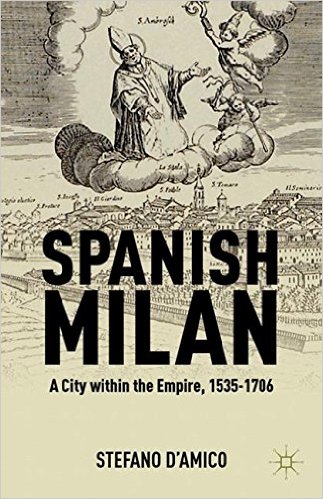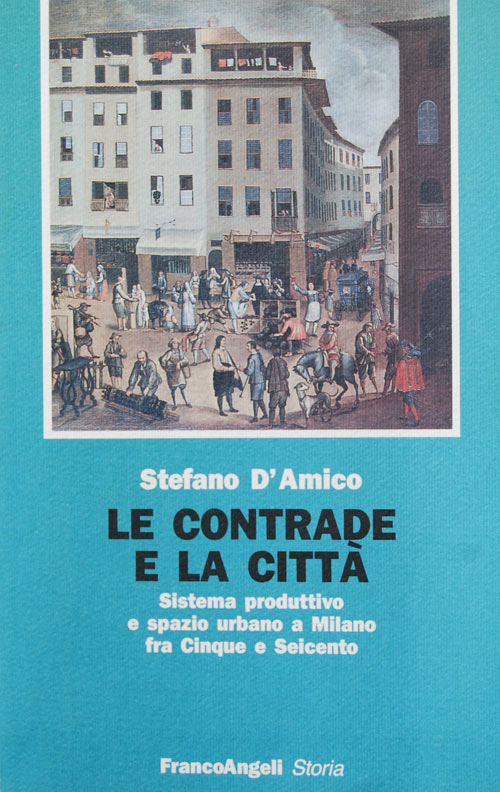Stefano D'Amico
Email: Stefano.DAmico@ttu.edu
Ph.D., University of Milan
Stefano D'Amico joined the department in 1999 after three years of teaching at the University of Colorado at Boulder. He is a specialist in early modern socio-economic European history and urban history, with a focus on Italy. In addition to offering courses in these fields he has been teaching a popular class on the history of the Italian Mafia. He has published two books: Le contrade e la città. Sistema produttivo e spazio urbano a Milano fra Cnque e Seicento, published by Franco Angeli in 1994, and Spanish Milan. A City within the Empire, 1535-1706, published by Palgrave in 2012. He is also the author of several essays and articles.His more recent articles on Milanese society and economy in the sixteenth and seventeenth centuries have appeared in Social History, The Sixteenth Century Journal and The Journal of Family History. He is currently working on his third book, tentatively titled The Widow, the Prostitute and the Nun:Women and Survival Strategies in Counter-Reformation Milan.

Select Publications
Le contrade e la citta: Sistema produttivo e spazio urbano a Milano fra Cinque e Seicento
The book, based on an extensive archival research, discusses the social and economic
history of Milan between the sixteenth and seventeenth centuries. D’Amico not only
reconstructs family and professional structures, but draws a social topography of
the urban space and explores patterns of residential mobility. He places particular
emphasis on the world of the master artisans and small-scale merchants, and the marginal
populations of the poor and women, who progressively increased their role in the urban
workforce. In reconstructing the social stratification of the city, D’Amico also highlights
the transformation of the productive system, and the shifting of Milan from an industrial
into a commercial center, making significant contributions not only in the fields
of Italian social and urban history, but also in the historiographical debate on the
seventeenth century crisis.
Spanish Milan. A City within the Empire, 1535-1706

This book represents the most extensive and comprehensive work on the city of Milan,
one of the major urban centers in early modern Europe. After providing a general description
of the city, D'Amico reconstructs the urban economy and its reorganization between
sixteenth and seventeenth centuries. At the same time he pays close attention to the
social consequences of economic change, especially the growing polarization of urban
society as industry gave way to commerce as the main force of urban dynamism. He then
completes the book with a thorough examination of religious and politcal change during
the same period. D'Amico creates a vivid "biography" of Spanish Milan, where patronage,
religious bonds, corporative links and financial ties replace the traditional cast.
Debunking long-held claims, D'Amico demonstrates with cogent arguments how the web
of informal relations - entwined with both Madrid and the Holy See - ensured resilience
and vitality to the Lombard city during the Spanish Age and beyond.
Department of History
-
Address
Texas Tech University, Box 41013, 3001 15th Street, Humanities (formerly English/Philosophy) 165, Lubbock, TX 79409 -
Phone
806.742.3744 | Fax: 806.742.1060 -
Email
info.history@ttu.edu

